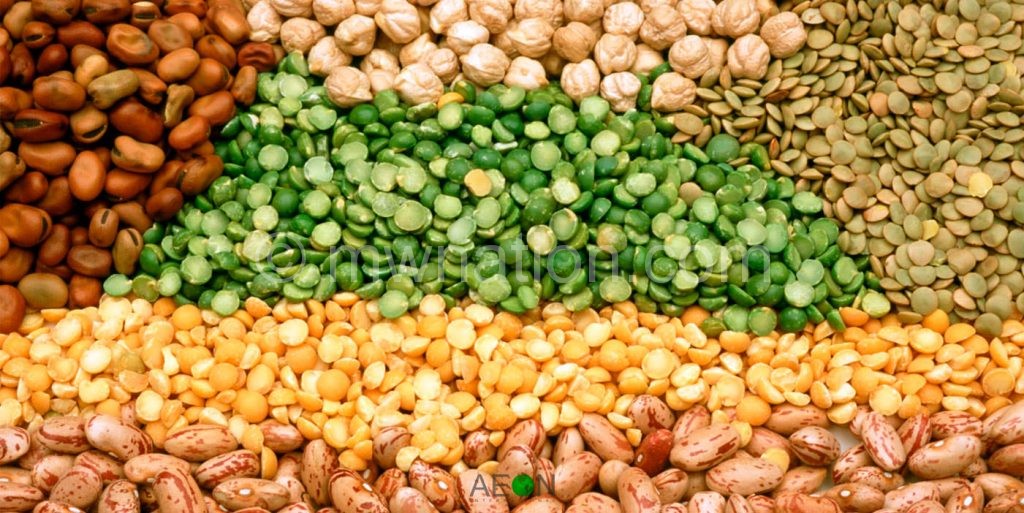Malawi loses out on globalisation—Study
Malawi has continued to lose out on the benefits accruing from globalisation particularly in the agriculture sector largely due to dwindling output and clinging to harmful crops.
This is according to a study by Chrispin Dambula, published in the International Journal of Social Science and Economic Research titled An Opportunity or a Disadvantage? The Impact of Globalisation on Economic Growth in Malawi.
The study analyses agriculture performance in Malawi and its relative contribution to gross domestic product (GDP) when there is statistical evidence of poor economic growth due to poor agricultural performance.
Malawi’s economy, which is agro-based, was liberalised and integrated into the global market under mechanisms such as the World Bank’s Structural Adjustment Programmes (SAPs), bilateral trade agreements, regional agreements and multilateral agreements under the World Trade Organisation (WTO).
In the study, Dambula argues that it appears Malawi wants to gain more and yet it is offering little on the global market as evidenced in declining agricultural production per capita.
For instance, during the last two years, figures from the Reserve Bank of Malawi (RBM) indicate that the sector has registered subdued growth due to weather-related shocks.
From a growth of 6.3 percent in 2014, output dropped to one percent the following year and 0.1 percent last year.
However, Dambula argues that between 1960s and 1970s when Malawi attained independence, agriculture was performing well with major crops, including maize, tobacco, tea, cotton and sugar cane.
“Also, rubber production from Malawi’s Vizara Estate attracted investors such as Shoe Rubber Company which manufactured rubber products such as gumboots, moccasin, sofia shoes, and gloves.
“All these products were for both export and local consumption. This provided import substitutes and raised net exports, which stabilised Malawi’s GDP growth rate at an average of six percent between 1966 and 1977,” says Dambula.
But he says the decline of agricultural production per capita today has impacted negatively on Malawi’s economy, stressing that Malawi should not expect to benefit from globalisation with an average yield of 0.09 hectogrammes per hectare (hg/ha) per capita.
Dambula has since recommended a refocus of attention on agriculture by adopting crops that are on high demand and agricultural machinery to improve efficiency and also scale up irrigation farming.
In an earlier interview, Civil Society Agriculture Network (CisaNet) executive director Tamani Nkhono Mvula emphasised the need to improve the agriculture sector.
He called on government and other key stakeholders to ensure that agriculture is diversified and not only dependent on rainfall, but also help change the mindset of farmers to produce, according to market forces.
“Looking at the growth we have been experiencing in the past five years, the agriculture sector has not done well contributing an average of three percent to GDP,” he said. n





